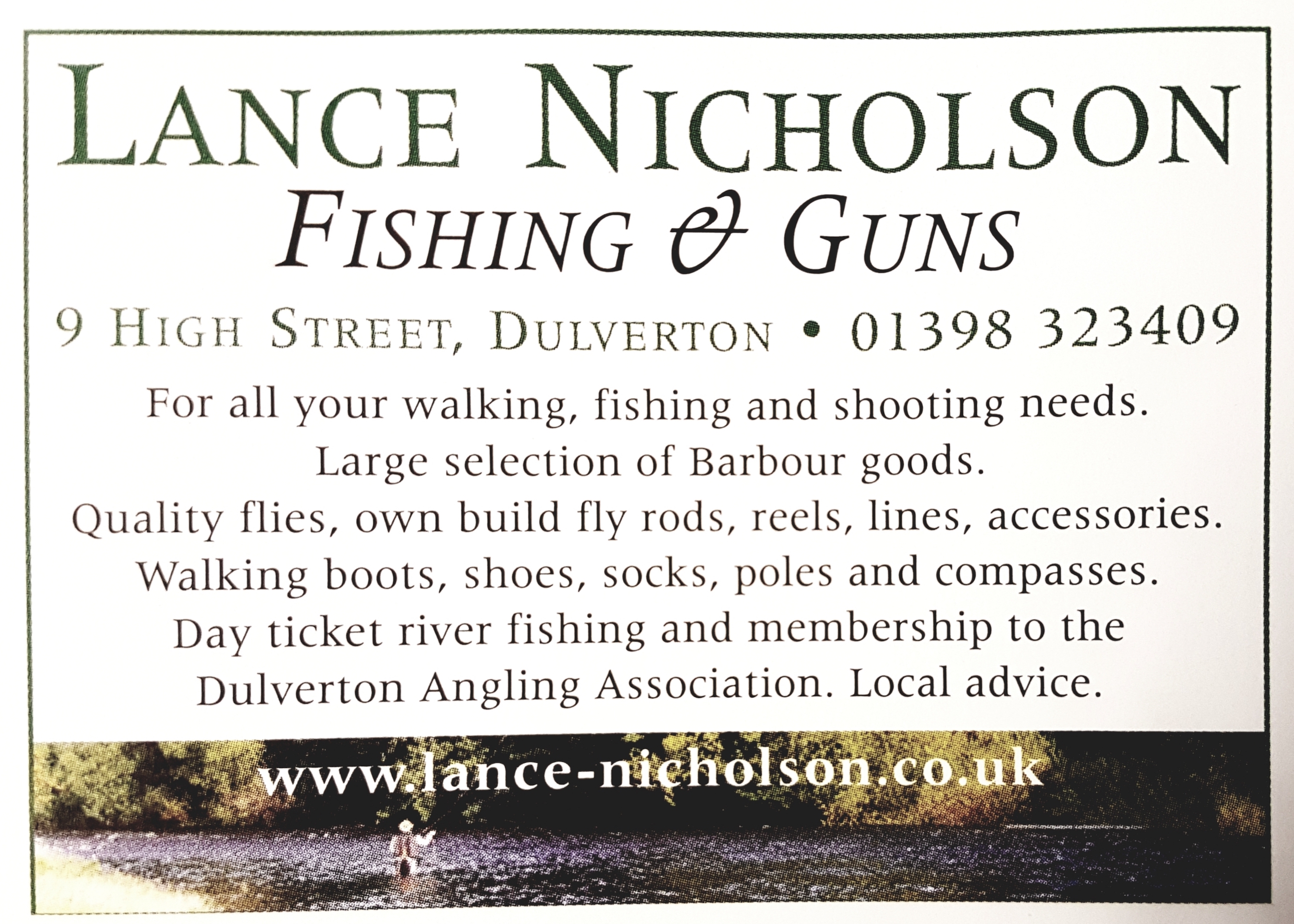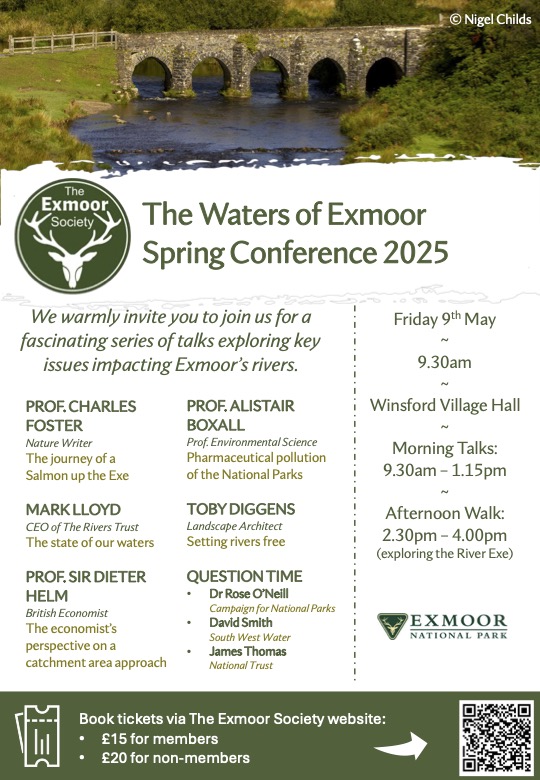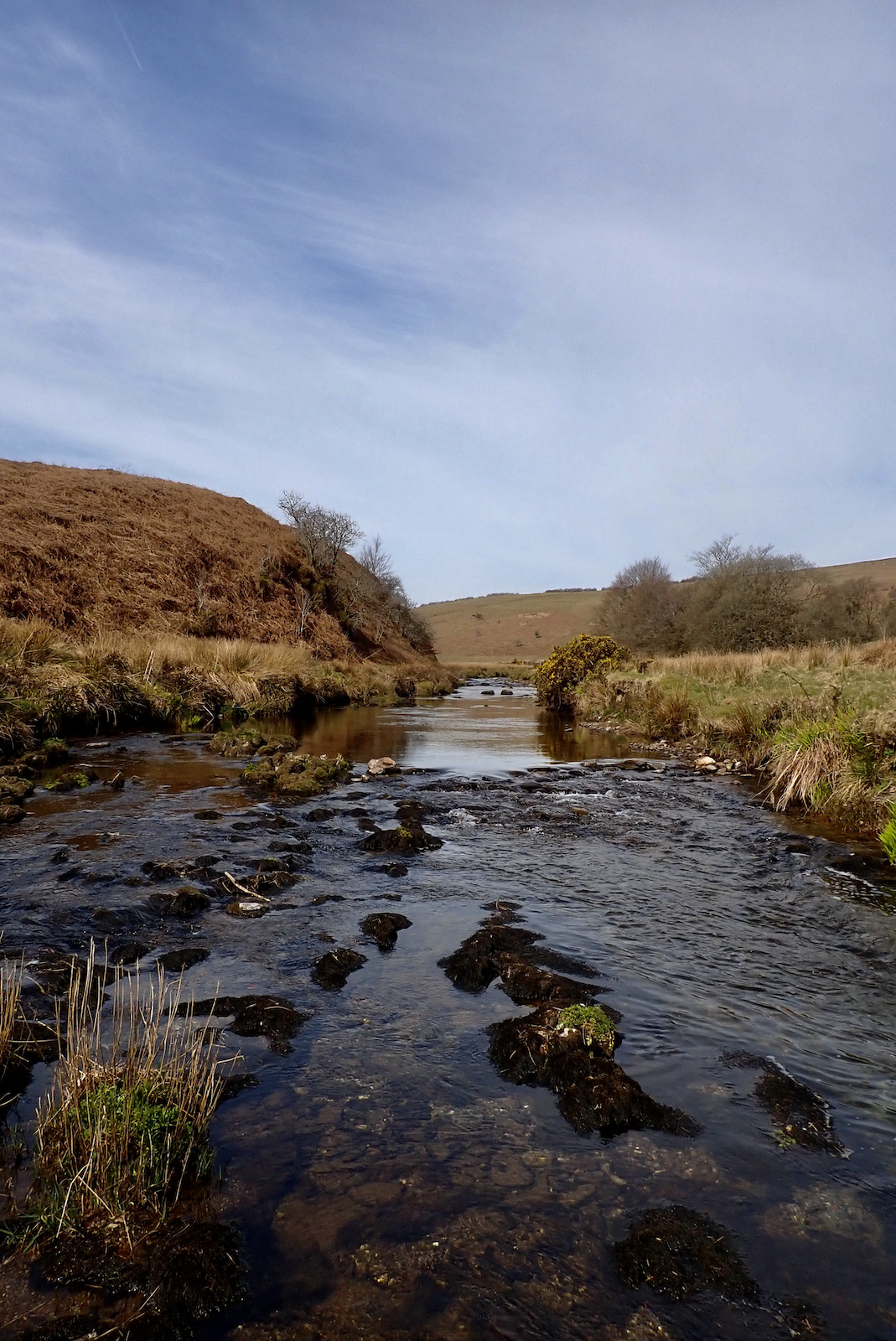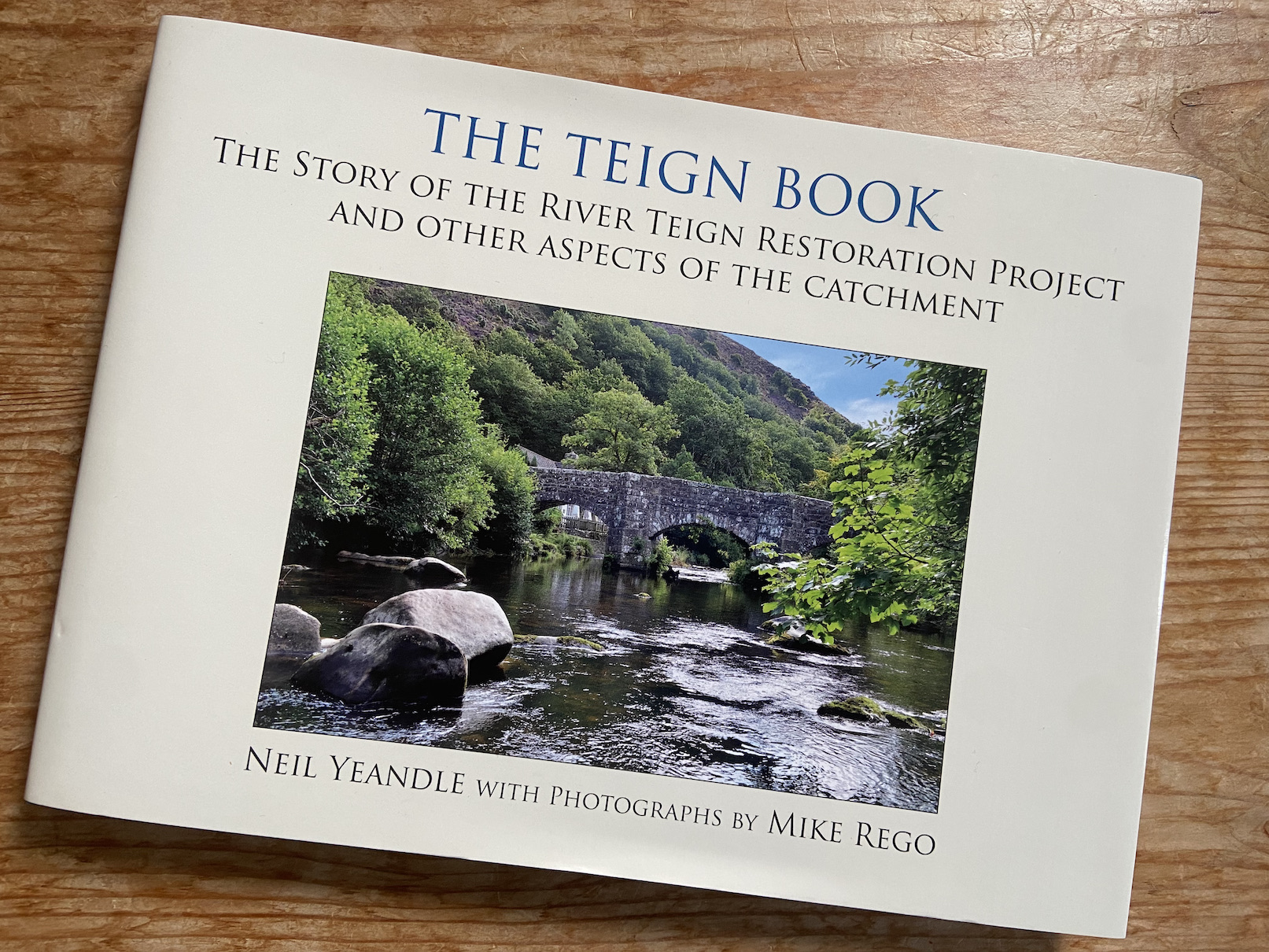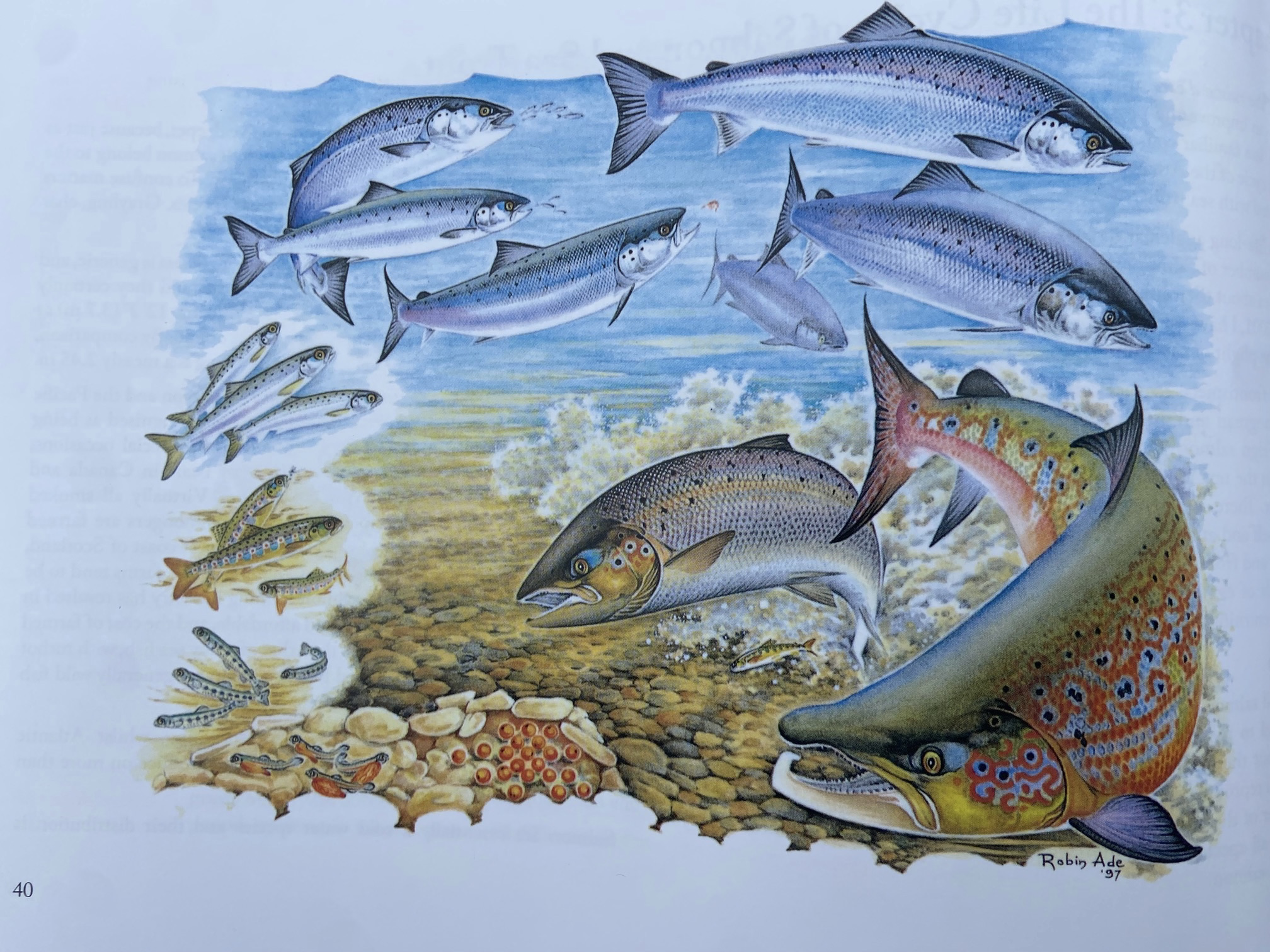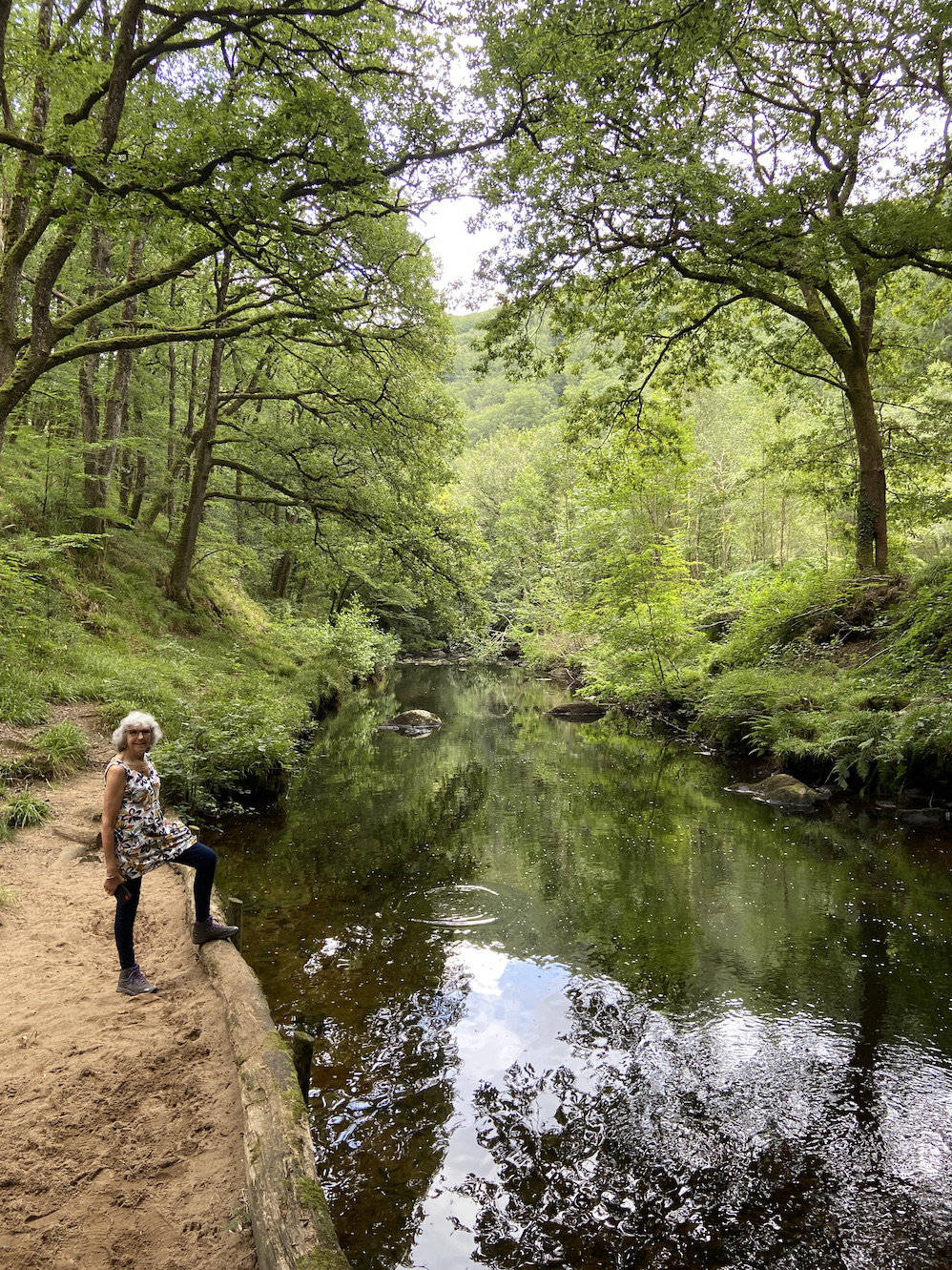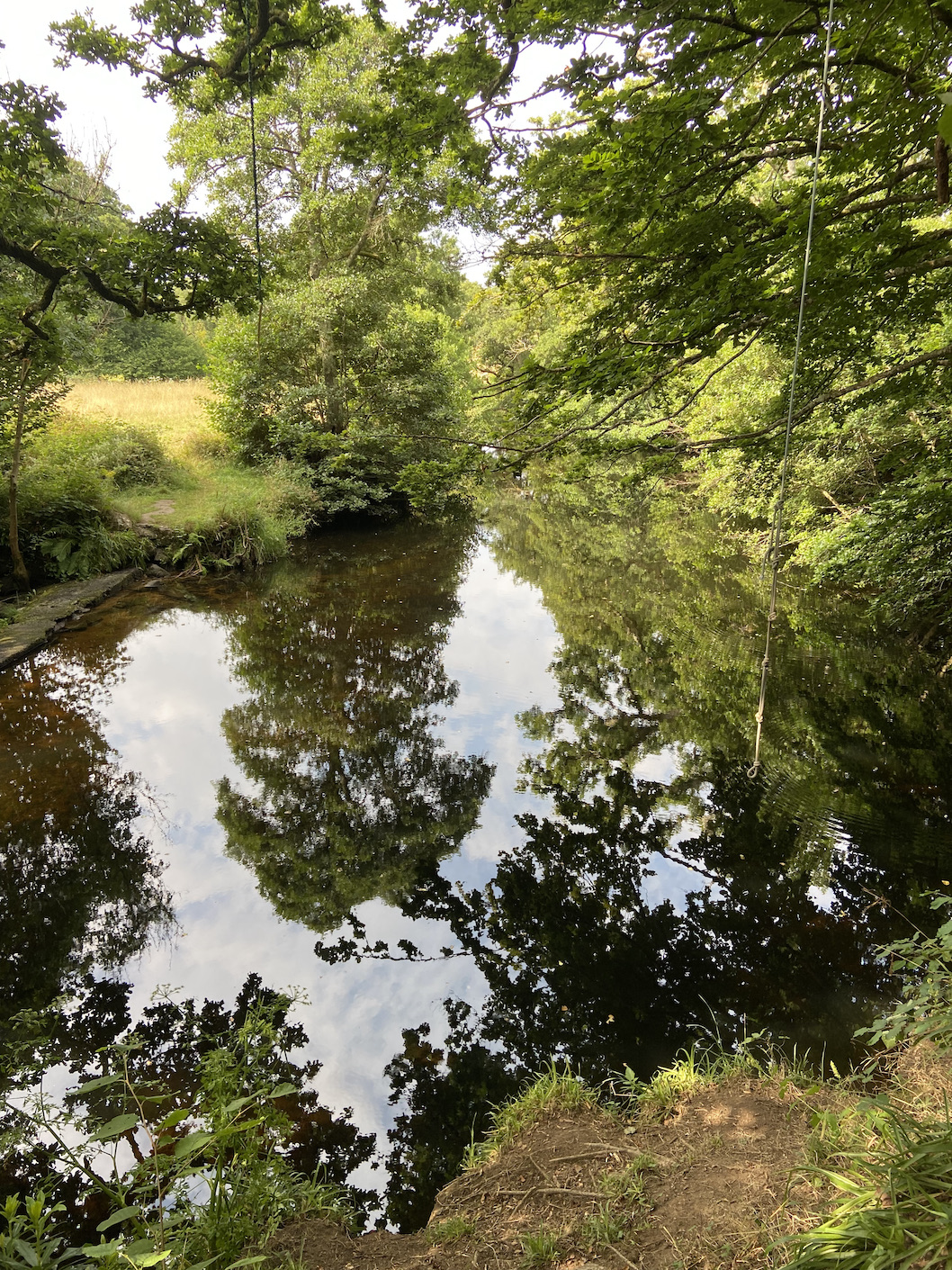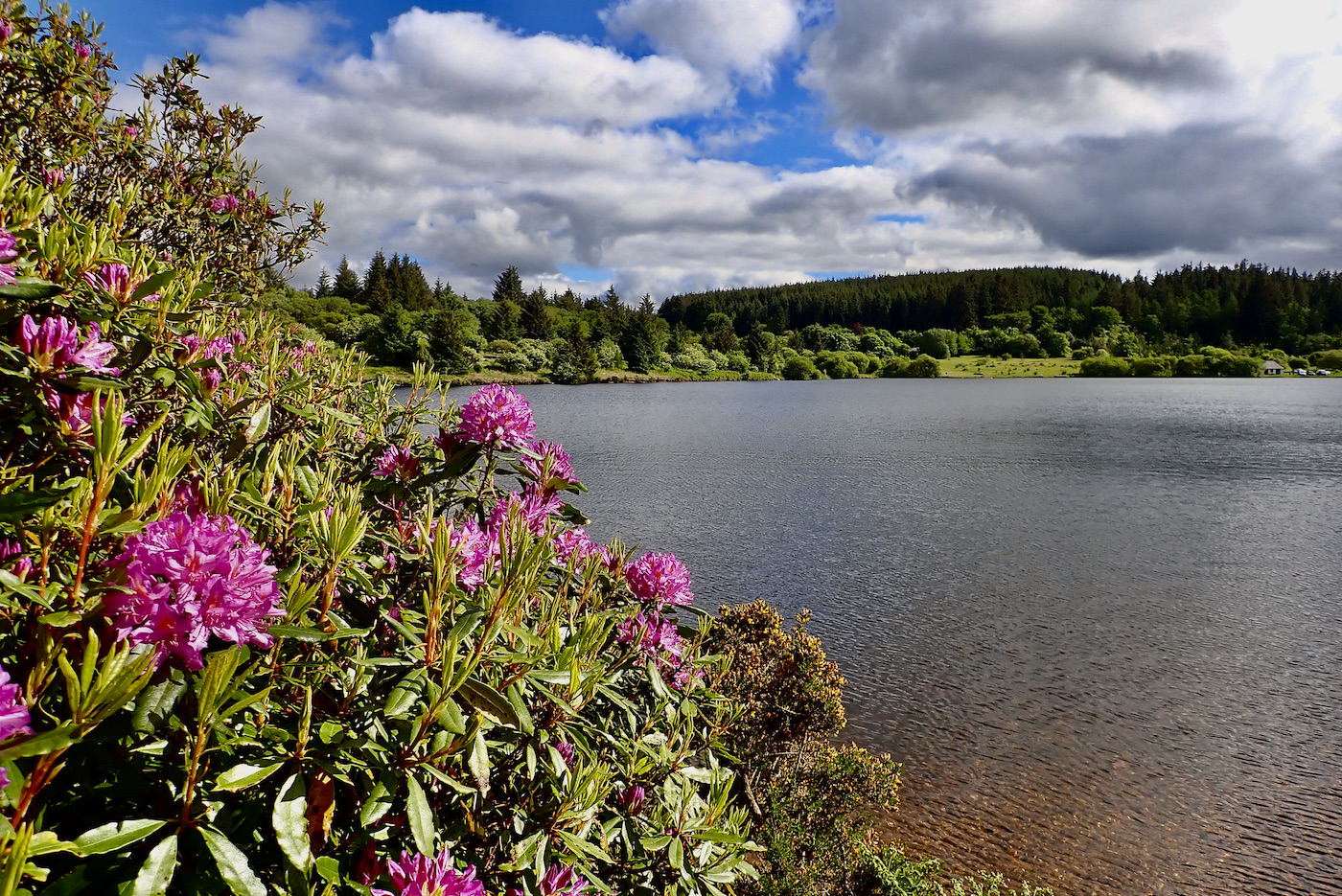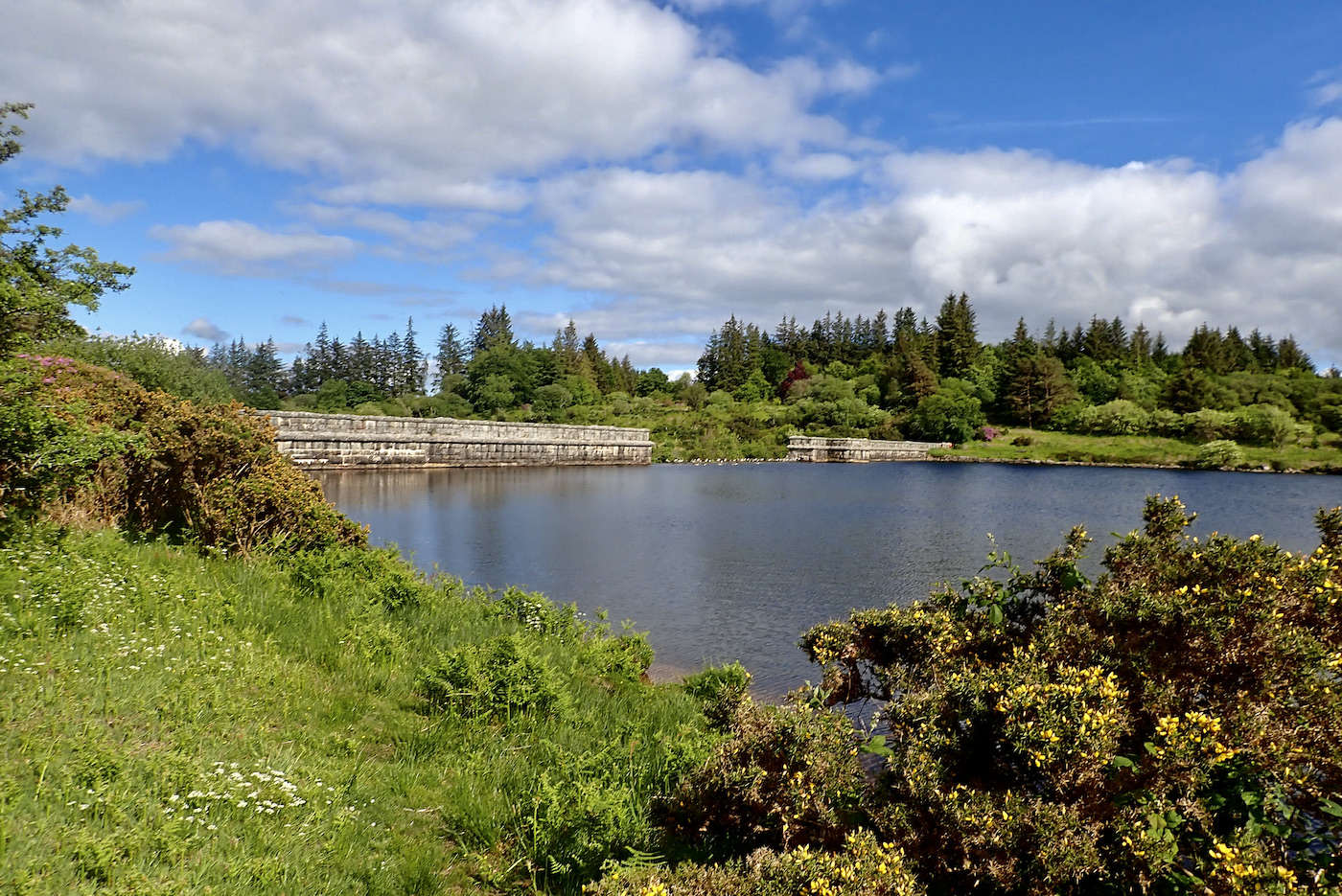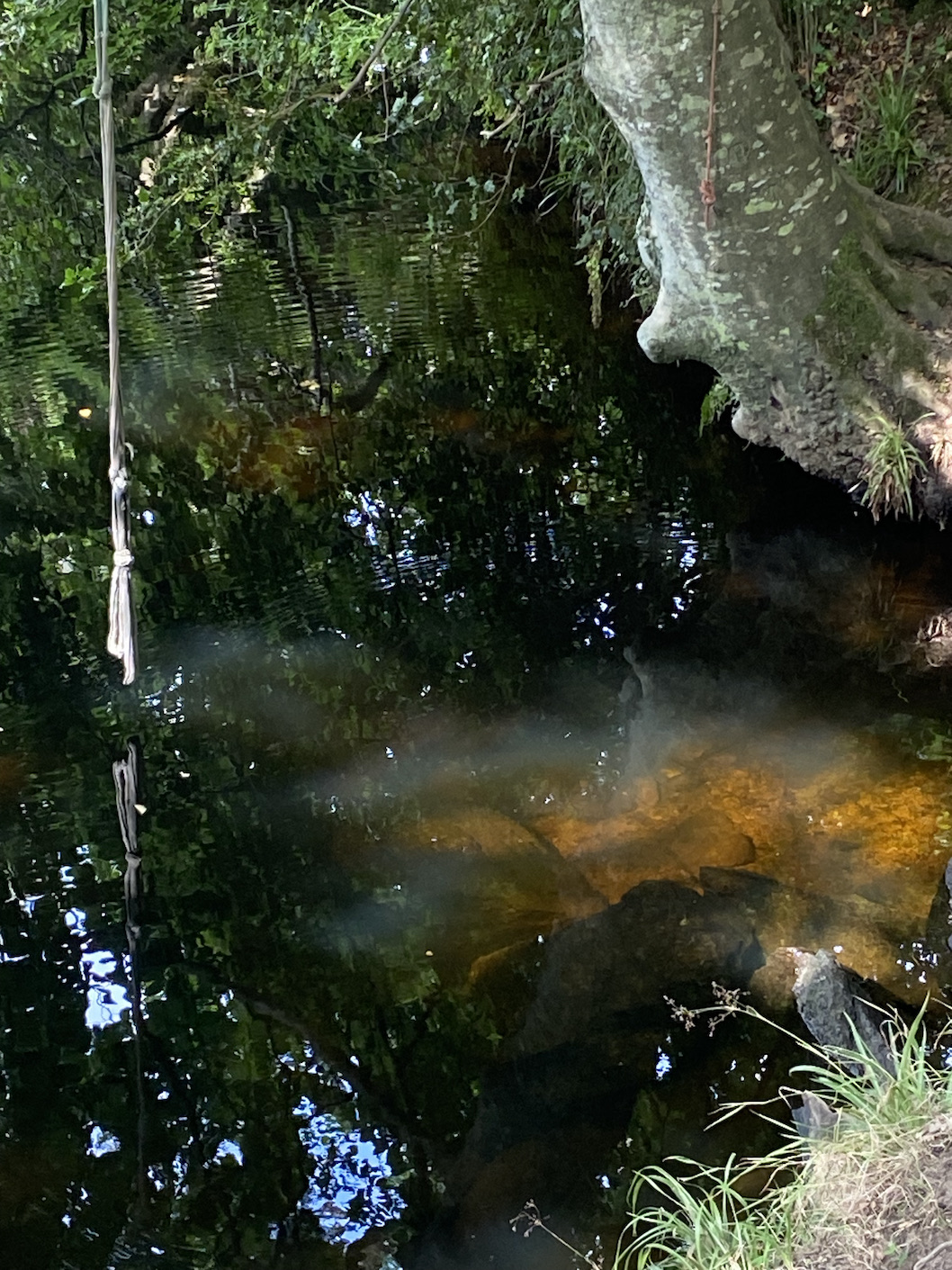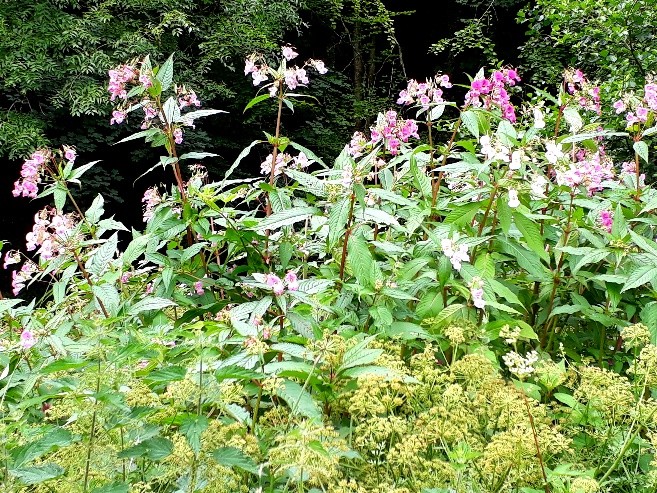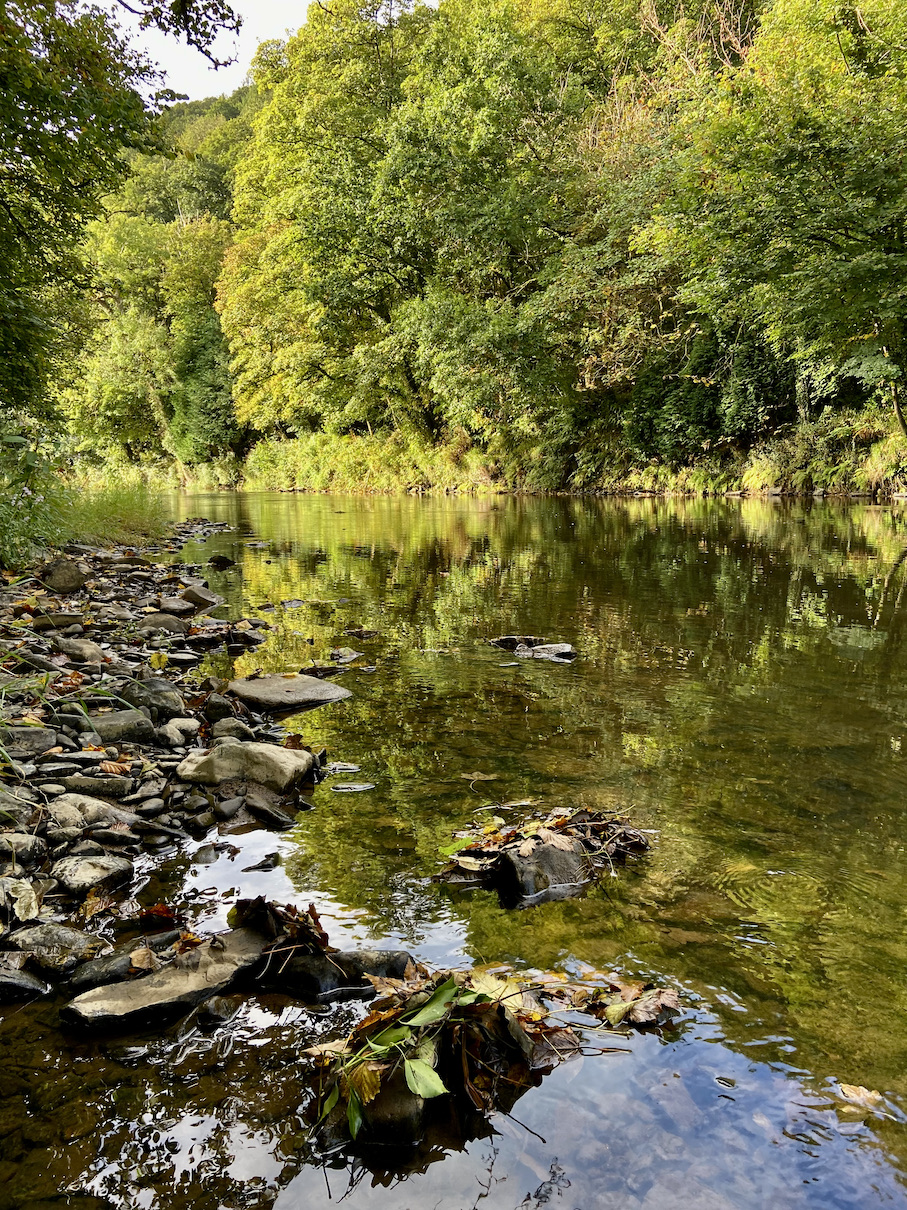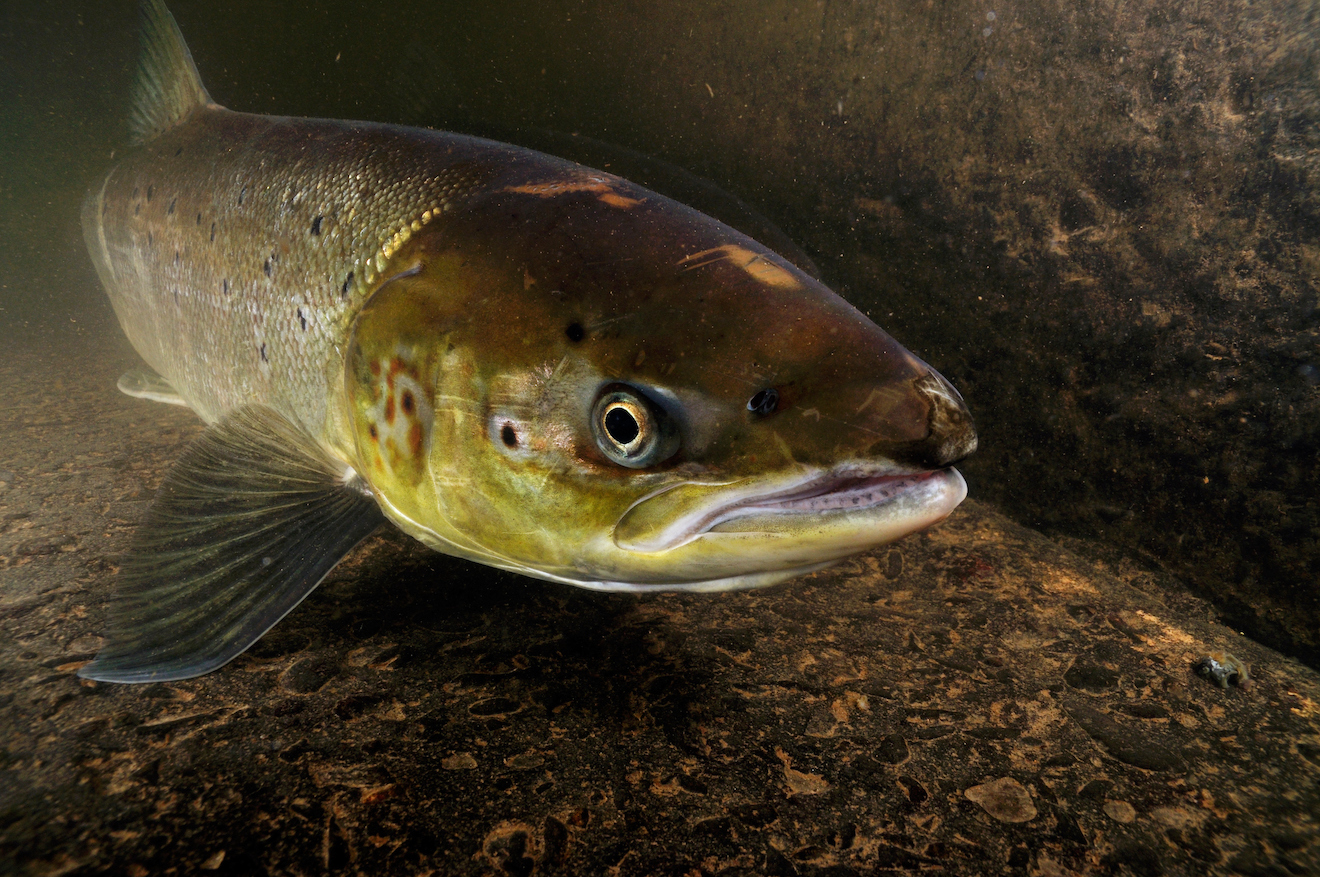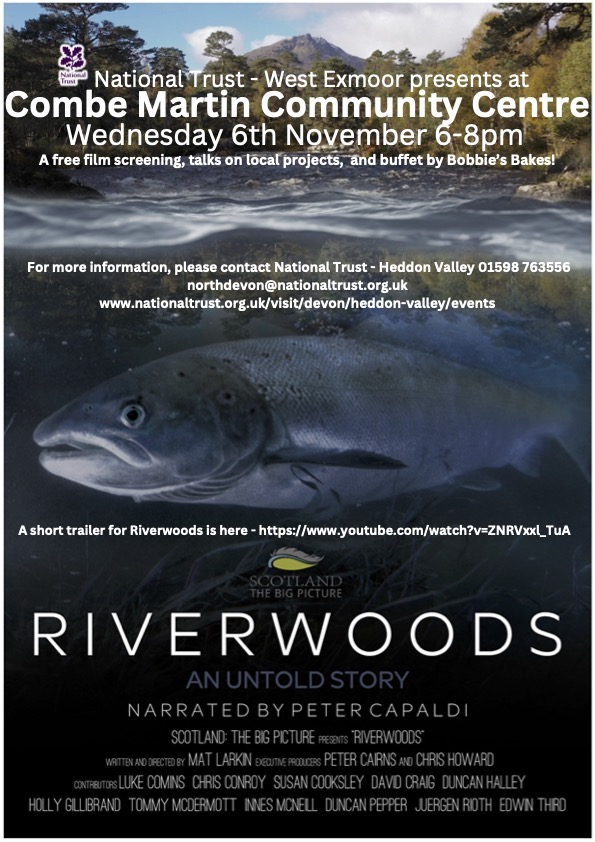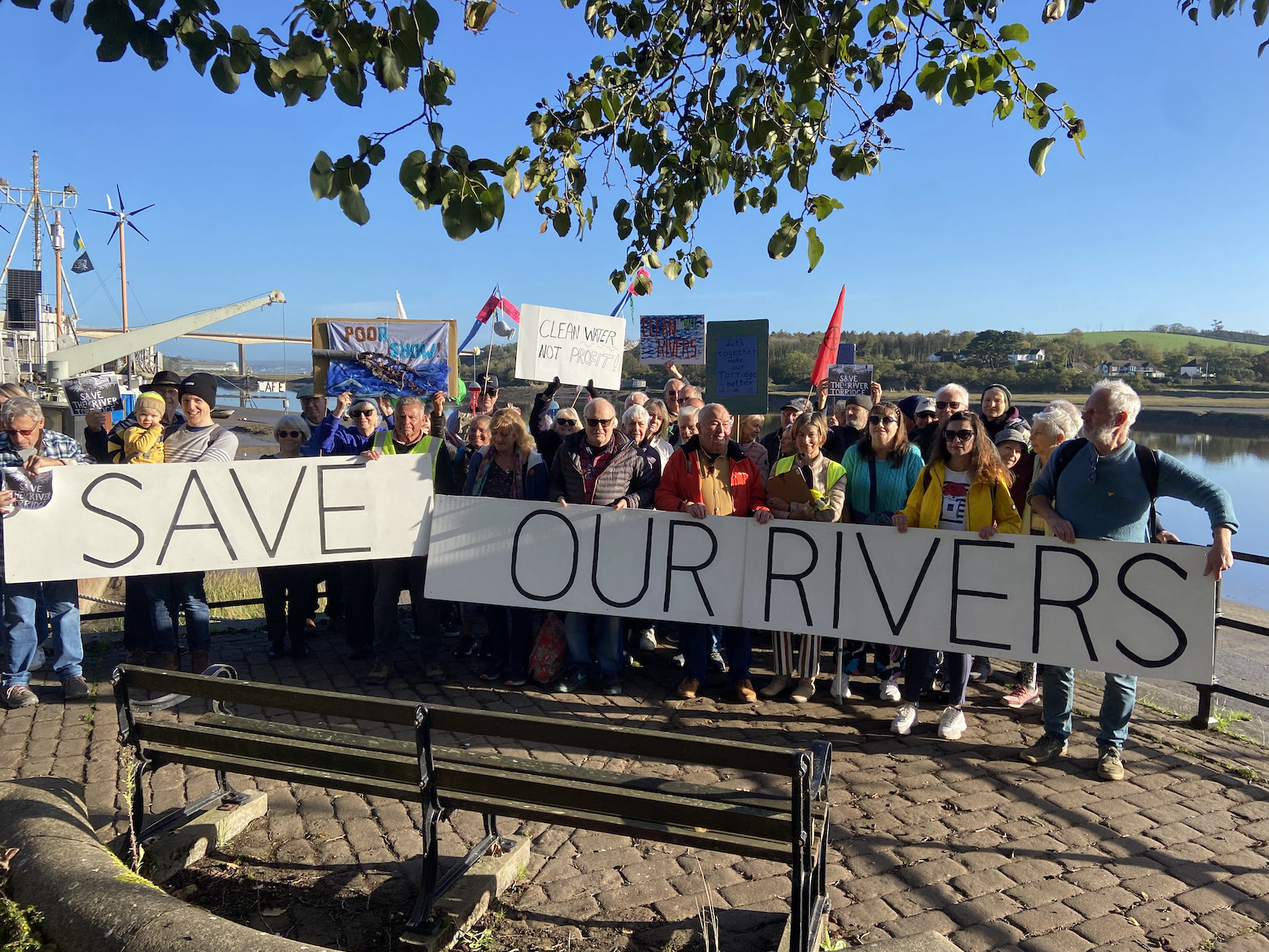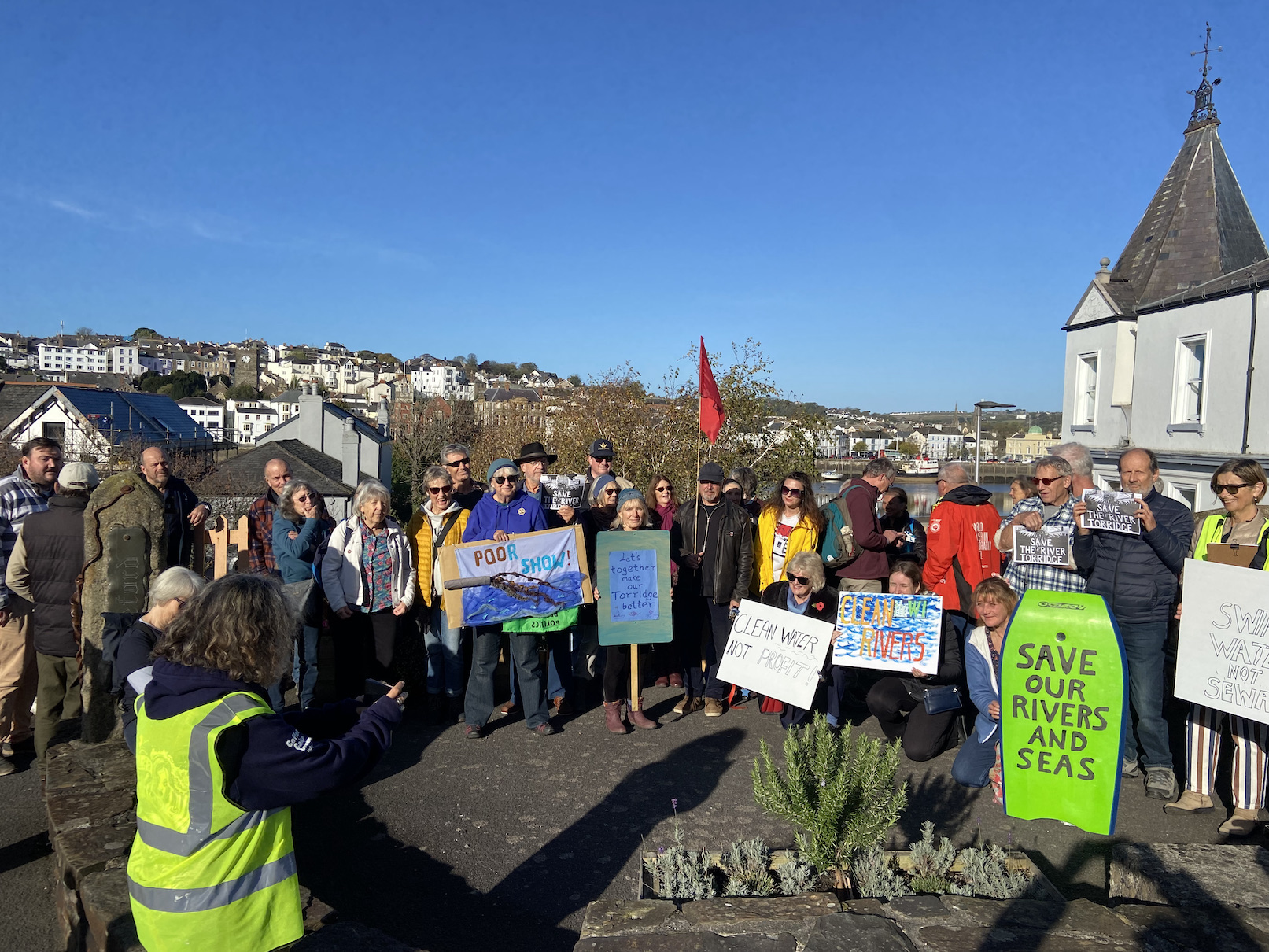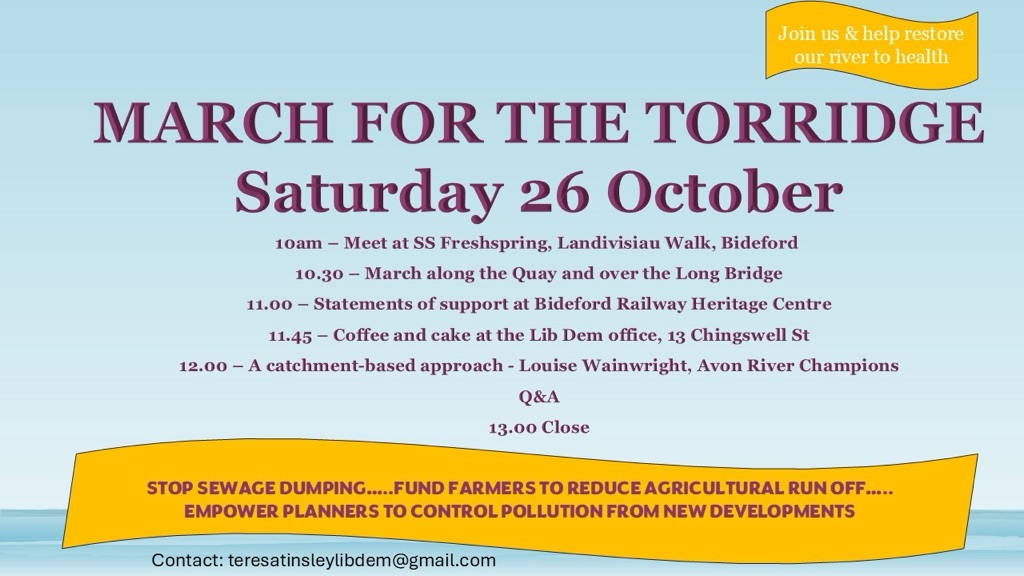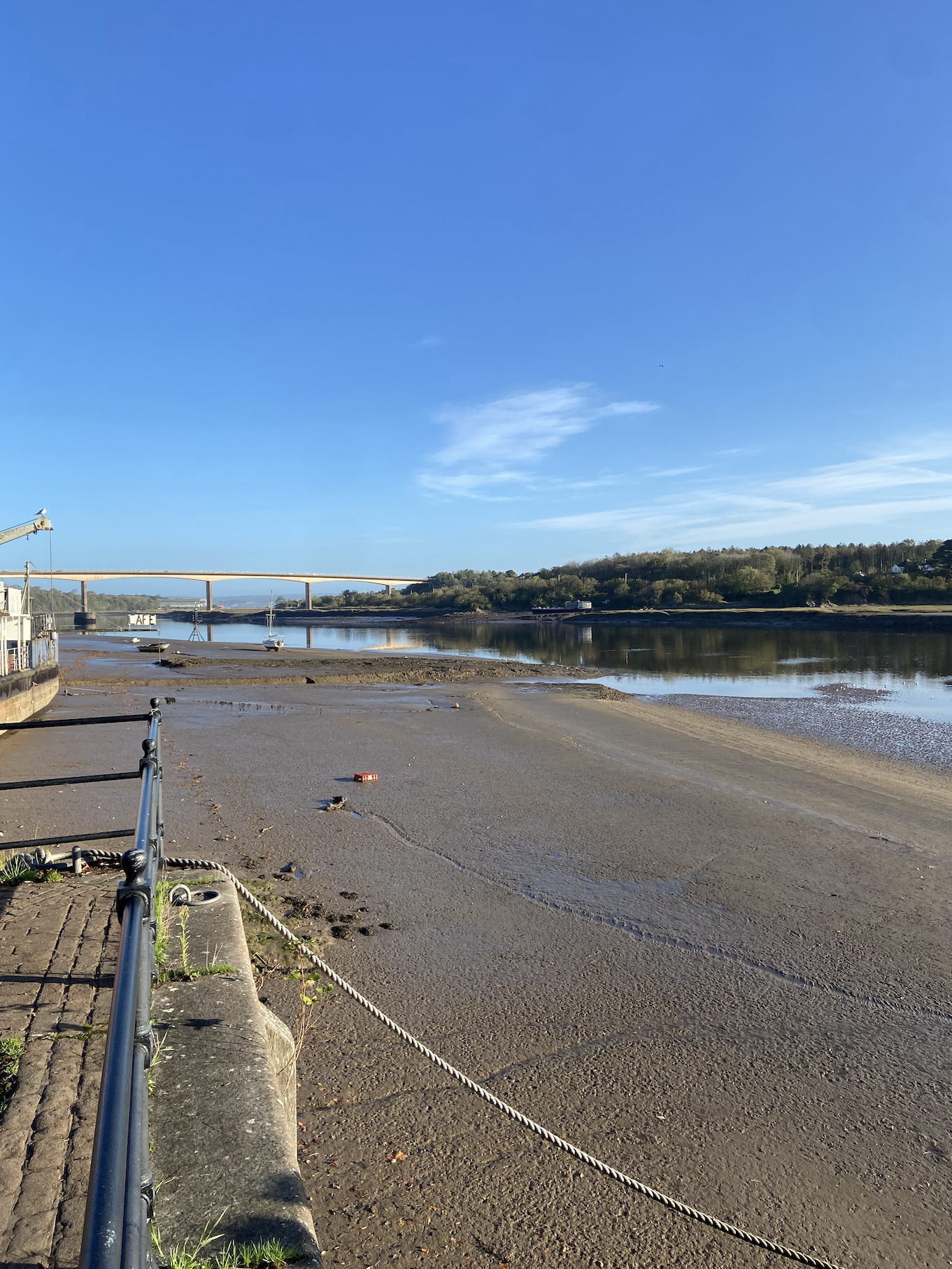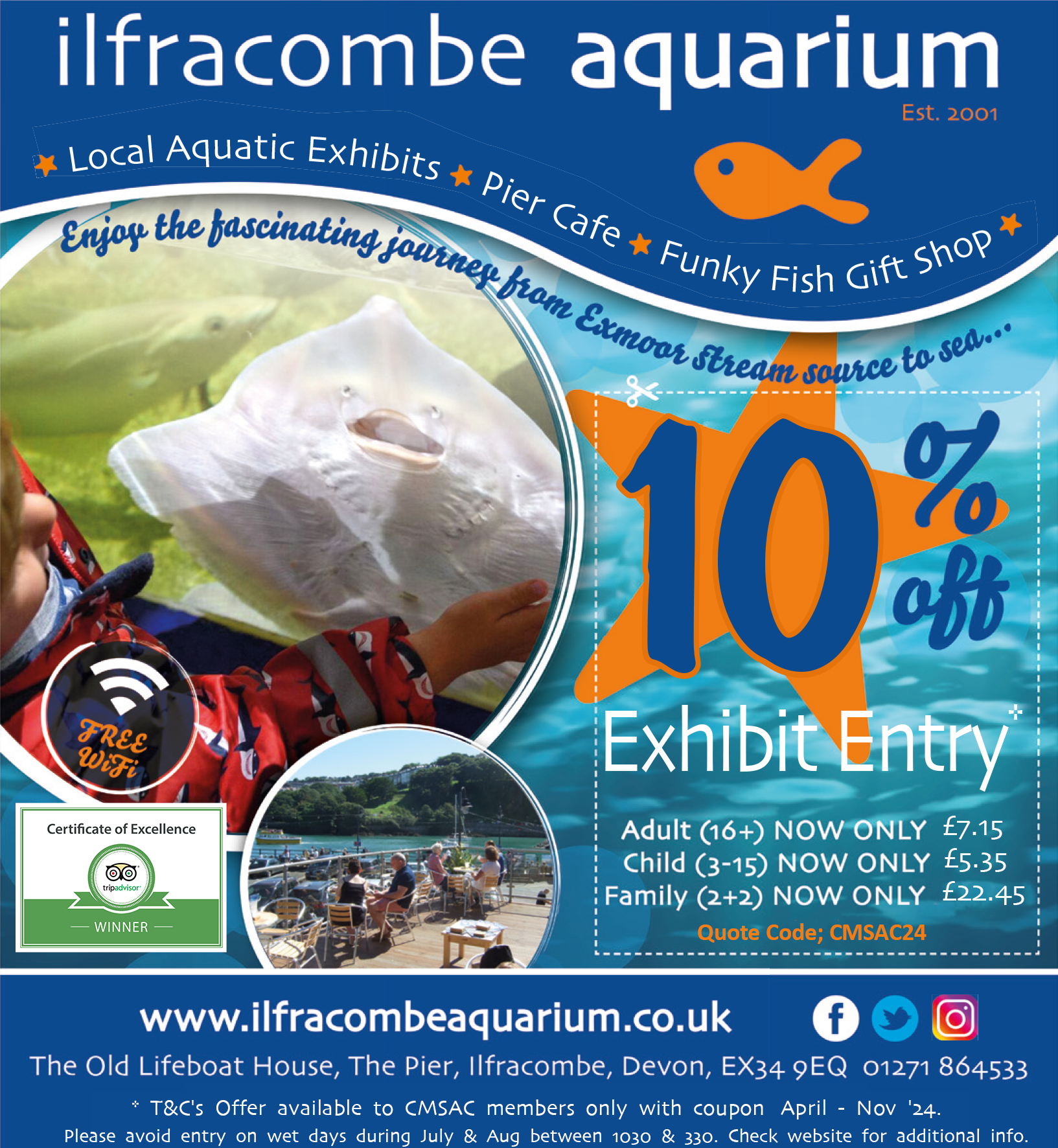Many thanks to Richard Wilson ( Fish Rise) for once again sharing his thoughts with North Devon Angling News. Follow link below for more of Richards wisdom….
All too often there’s conflict between wild swimmers and other river users, such as boats and fisherfolk, but not me. The swimmers seem a decent enough bunch of people, mostly of my generation, or thereabouts, and with whom I could comfortably share a mug of tea and some friendly chatter. Male and female, they are as polite as I aspire to be (that’s a compliment). Socialising would be much easier were they not wracked by uncontrollable shivering.
And given that these days there’s rarely a salmon to be seen, let alone caught, there’s no harm in letting a swimmer in. Rocks, dogs and wild swimmers can all stir up the fish and breathe life into a slumbering pool. For the swimmers, so far so good. I’m sympatico.
Where this gets really discombobulating is that word ‘wild’. There’s nothing remotely ‘wild’ about Britain’s rivers. Mostly they are little better than open sewers that allow farmers, our water companies and the few remaining factories to move, at zero cost, huge volumes of human and animal shit from source to sea – and after years of inadequate investment there’s a lot being shifted. So the only thing ‘green’ about our rivers and lakes is organic phosphate pollution and the vivid algal blooms that choke the redds with slime and suck the oxygen out of the water. And, depending on the type of algae, kill animals, fish and make people very sick. Wild swimmers, when clumping, talk about this and compare notes on who got ill, when and where. They’re all unwelcome notches on their back-to-nature experience of life in the ‘wild’. Which seems a counter-intuitive reaction to me. I’d just stay out of the water because it’s toxic.
This phosphate pollution is a global phenomenon. Eutrophication is killing lakes and rivers from Windemere in the Lake District to Chesapeake Bay in the US and back the long way round. It’s a universal by-product of humanity. Just about everybody everywhere can point to local examples.
The various habitués of our rivers respond to this in different ways. Salmon, for example, have mostly given up. They like cold, clean water so there’s a double whammy: pollution and climate change. In the UK, they’re now a Red List endangered species and while I’m doing my best to kick the decision down the road, I think my salmon fishing days are over. Here, and perhaps everywhere.
Thankfully, fishing humans have some watery advantages over salmon and wild swimmers. I approach a river in a rubberised hazmat suit, of sorts, that lacks only the helmet and gloves. Chest waders, waterproof jacket, decorative neckerchief that makes me daddy-cool and so on. And for at least a decade I have been very careful not to get my fingers anywhere near my mouth while in or near the water. I am mindful of the pensioner who recently went down with sepsis after falling into the ‘pristine’ chalk stream I grew up on.
So what can we do? How do we make a difference? Some of this is easy: I donate to non-profits that fight pollution and support research into catchment management and the such like. This does some good. Over the past 4 decades, I have also written scores of articles and filed dozens of TV reports on the increasingly dire state of our rivers. I repeat: the increasingly dire state of our rivers. Except for an occasional break-out story, reporting rarely has a discernable impact and it all goes from bad to worse. So I’ll keep writing the cheques.
Not all the news is bad and there have even been some improvements. Remember acid rain? Nobody frets much about the acidification of our upland streams anymore, mostly because the heavy industry that caused it has collapsed into a land of uniformly bland shopping centres, car parks, cinemas and junk-food outlets where the grotesquely obese wobble short distances from car to sugar fix. Gimme a ‘shake with double sprinkles, syrup and chocolate sauce. And cake.
Meanwhile, back in the hills, there’s a winner and the insect life in our headwaters is recovering. So, provided they’re nowhere near over-stocked cattle or a village, there are aquatic insects and fry for their dependent birds, the dippers and kingfishers, to hunt. Ah … did someone say climate change? Well, you can’t have everything.
Here’s the grown-up bit: It’s important to understand that the high and mighty in politics and industry who decide the fate of our rivers don’t see them in the same way as us mortals. To them rivers are economic entities carrying trade, providing water and getting very expensive when they flood. It is entirely predictable that floods always happen before adequate (for which read ‘expensive’) defences have been planned, approved and constructed. Ideally, this would be done by restoring the wetlands upstream. Unfortunately, this memo has not reached the management. So our rivers remain part-asset, part-liability, wrapped in concrete and always an economic opportunity (bargain-basement waste disposal, for example).
I have heard this best explained, reductio ad absurdum, by a small-cog employee in the big wheel of water management. Early in my time as the BBC’s Environment Correspondent I was asked by a pollution control officer if I knew how drinking water from the many reservoirs in Wales, in the wet west, reached taps in towns in the drier east of England. There is no pipeline, no shared catchment and no visible way for plentiful Welsh water to get from wet A to needy B. The answer, he said with a twinkle, is that people in Birmingham drink a glass of water and then flush their toilets. Birmingham drinks Welsh water and drains eastwards, via decrepit sewage works. Like all good stories, this stuck in my mind for the ludicrous nature of its central proposition and the awful realisation that it could easily be true (it is). I wonder how many millions of gallons of waste-water the 4.3m people of Birmingham and its surroundings generate every day.
The times they are a’changing and, I fear, not for the better. I like being on rivers, but not nearly enough to swim in most of them. Meanwhile, they need all the friends they can get from the most humble of anglers and wild swimmers to the rich and politically powerful. And as for the Salmon? I wish I knew, but I fear the worst.

